With ample access to land, and a significant portion of the year offering bright sunshine, America's heartland is turning to solar panels as a valuable resource for renewable energy.
The Midwest isn't as synonymous with solar power as the sun-soaked Southwest, but the region is quickly establishing itself as a key player in the space. The move is further accelerated by the quickly dropping cost of solar panels.
"We're starting to see the demand for solar really increase," said Yami Newell, associate director for community projects with Elevate, a Chicago-based nonprofit working on energy policy. "Number one, people are frustrated that their utility bills are really high. And number two, I think folks understand that we're going to have to move away from fossil fuel in order to protect our climate."
For this discussion, we define the Midwest as the states in the US Energy Information Administration’s east north central and west north central regions: Illinois, Indiana, Iowa, Kansas, Michigan, Minnesota, Missouri, Nebraska, North Dakota, Ohio, South Dakota and Wisconsin.
Solar adoption across these states varies widely, with Illinois boasting over 79,000 installations, while North Dakota has fewer than 50, according to the Solar Energy Industries Association.
Although energy bills in the Midwest tend to be lower than the national average (with Missouri and Ohio being the exceptions), many homeowners could still save hundreds or even more than $1,000 annually by installing solar. Here’s a guide to some of the top solar companies operating throughout the Midwest.
Best national solar panel companies in the Midwest
As with any major purchase, you should get multiple quotes before signing a contract. Here are some well-regarded national companies operating in the Midwest.
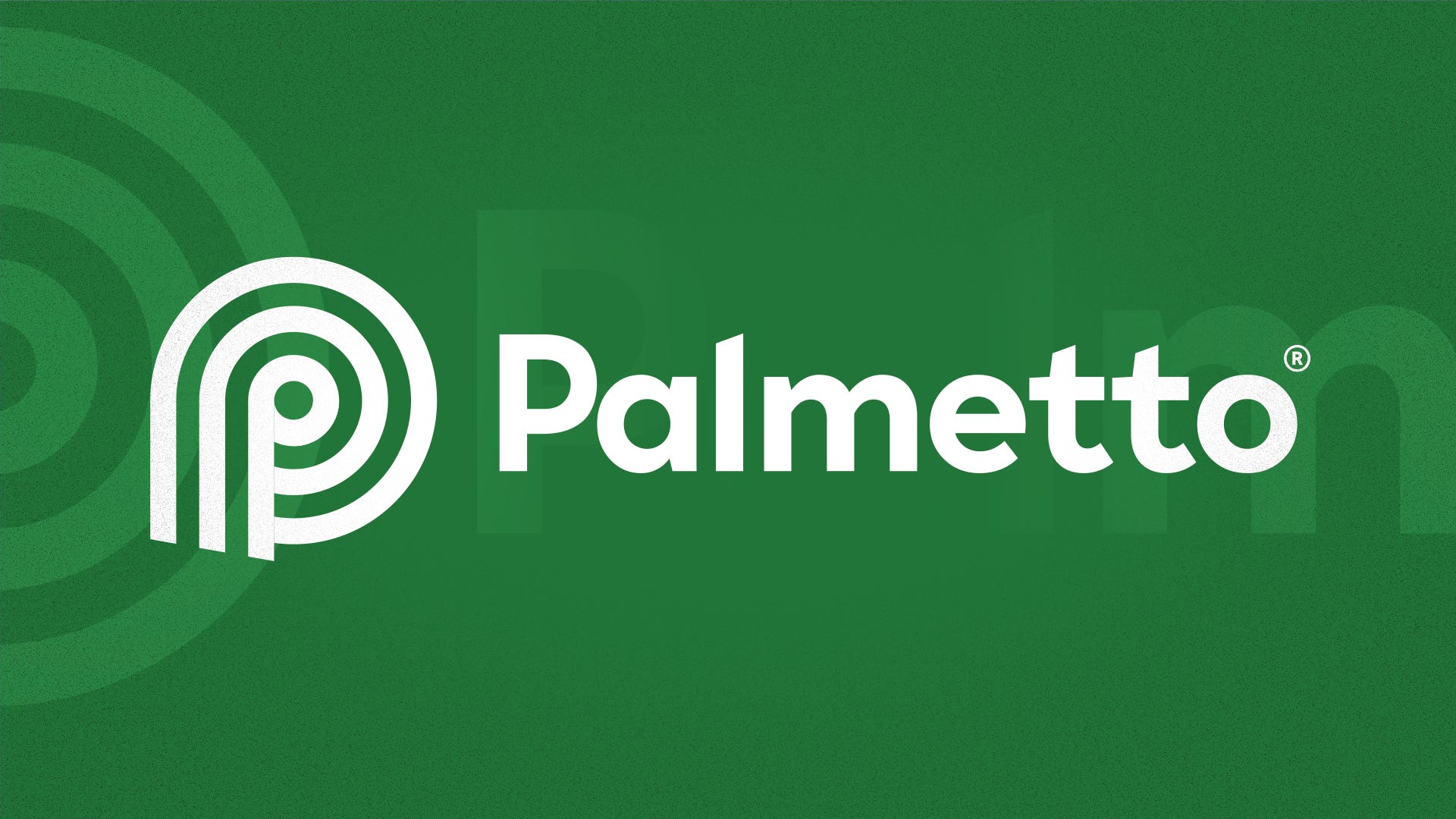
Palmetto Solar
Best overall
Read full review
Solar panels are typically low maintenance equipment, but they're also unfamiliar. If you want to reap the benefits of solar but will have a bit more peace of mind if someone else is making sure it's working, Palmetto might be a good fit for you. Just remember to add the cost of Palmetto's monitoring service in to your payback period calculations.
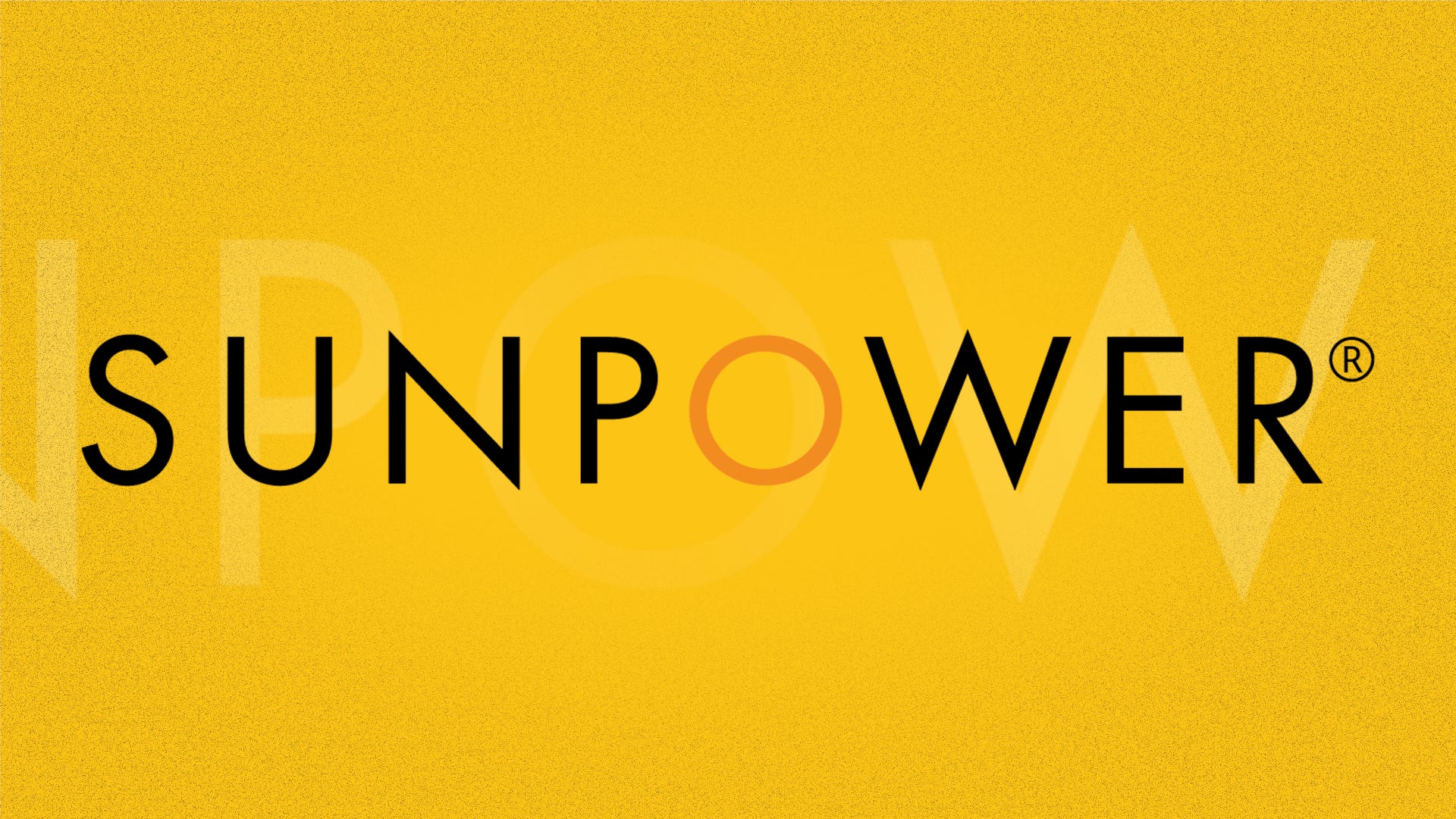
SunPower Solar
Best solar panels
Read full review
If you're looking for top-of-the-line solar panels, SunPower is your best choice. But don't write it off if you're looking for a less flashy installation that will get the job done. This year it started installing Qcells panels, which should make an installation from the longest-tenured company on our list available to more people.

Freedom Forever
Best for cash customers
Read full review
Include Freedom Forever in your search if you want the backing of a national company that installs a wide variety of the most popular solar equipment available. Freedom Forever also extends a couple of products that take some of the pain and risk out of going solar, like a production guarantee and an escrow option with cash purchases. Online reviews say customer satisfaction has been low of late, though the company says that's changing.
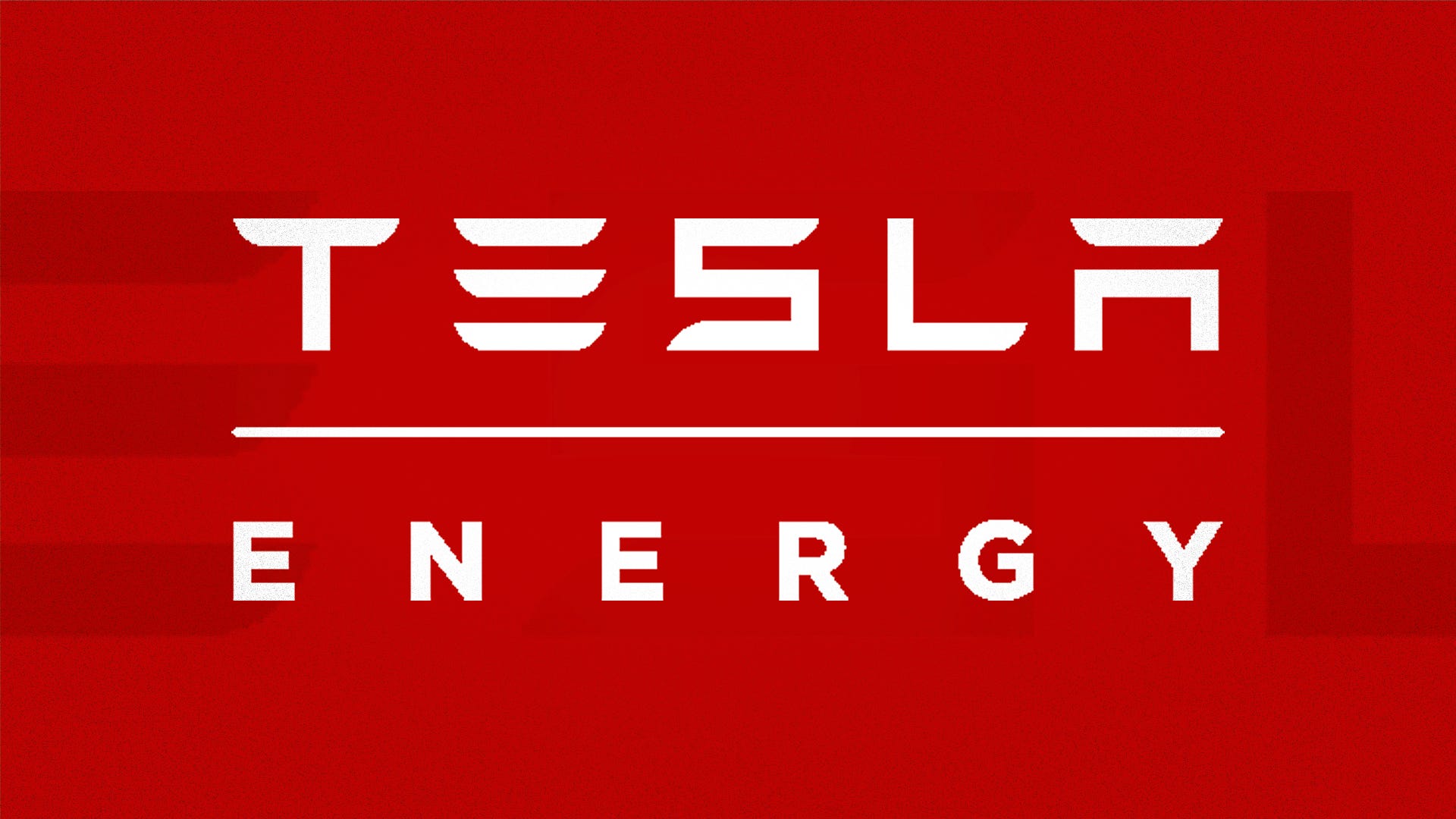
Tesla Solar
Most affordable
Read full review
Tesla's solar branch seems to be the least loved of Elon Musk's ventures. Even Tesla's Solar Roof seems to get more love.
If price is the thing you won't budge on, consider Tesla. By all accounts, Tesla installs quality panels and makes the closest thing there is to a household name in solar storage: the Powerwall.
Where you might miss out is customer service. Discussion online seems to suggest Tesla's service is a bit of a gamble.
Local installers in the Midwest
We haven't directly reviewed or scored these companies, but a basic check of their online presence and other first-hand accounts pass the smell test.
YellowLite has nearly 15 years of experience in the solar industry in the Midwest. The company uses certified installers and name-brand equipment and offers a 10-year workmanship warranty. It operates in Ohio, Illinois, Michigan and Indiana as well as other eastern states.
Chicago-based Windfree Solar claims to operate throughout the Midwest but seems to center around Illinois. It has a long track record and offers complete solar and monitoring services as well as storage.
Eagle Point Solar serves Iowa, Illinois and Wisconsin and claims to be the largest single installer in the Midwest with over 3,100 systems and 73 megawatts installed.
How to choose the best Midwest solar company for me
Some people rely on a solar company to guide them through the entire solar process, including telling them exactly what type and size of system they need. It's an understandable approach given how complicated the processes and equipment involved can be. We strongly advise doing as much research into the ever-expanding universe of solar energy as you can before you set up your first consultation with a solar installer.
Having some idea of what your goals are for going solar, the limitations of your situation and the current state of the industry are likely to help prevent headaches down the road, save you money and guard against unscrupulous actors and scammers.
There's a wealth of information online, including here on CNET, to help you determine everything from how many panels you might need to whether you might want to first consider some efficiency upgrades to your home before spending a bunch on a decades-long solar commitment. A good installer will also walk you through the abundant tax credits and other incentives out there to offset the cost of installing solar, but it's good to arm yourself with that information beforehand.
Once you decide to pull the trigger on your new photovoltaic lifestyle, be sure you get multiple quotes from local installers before signing a contract. It's not a bad idea to ask around about installers as well before picking one, whether it's via online reviews or old-fashioned word of mouth.
The cost of electricity
In the Midwest electricity prices in September 2024 (the most recent data available) ranged from 11.31 cents per kilowatt-hour in Nebraska to 19.66 cents per kilowatt-hour in Michigan. Electricity rates and energy bills have been on the rise. In some cases, solar panels can be a hedge against rising costs.
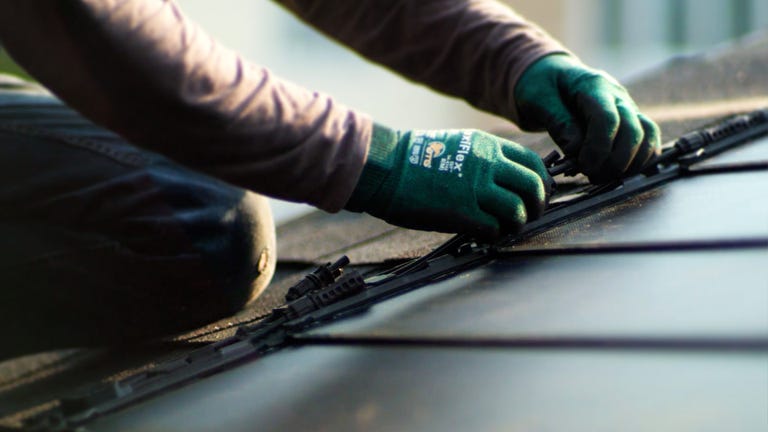
Watch this: New Solar Shingles You May Not Even Notice
11:13
The cost of solar panels
Solar panel installations vary in cost from state to state, roof to roof and contractor to contractor. To compare costs across projects, the solar industry talks about the cost of installations in watts per dollar: the total capacity of a solar installation divided by its cost. Solar panel costs are falling but for uneven reasons. While hardware costs are falling faster than labor, permitting and other "soft costs."
The cost of panels is also affected by incentives like the federal investment tax credit for solar, which returns 30% of the cost of a solar panel installation come tax time.
The volume of solar installations in the Dakotas and Nebraska is among the lowest in the country, so much so that there isn't enough meaningful data to talk about average solar prices in those states. Across the rest of the region, pricing tends to be above average compared to the rest of the nation, according to FindEnergy data.
Solar costs: Midwest vs United States
undefined
| System size (kW) | Price per watt | Installed cost | |
|---|---|---|---|
| Iowa | 8 | $4.01 | $32,040 |
| Illinois | 7 | $3.76 | $26,288 |
| Indiana | 9 | $4.10 | $36,857 |
| Kansas | 8 | $3.34 | $26,720 |
| Michigan | 7 | $4.06 | $28,389 |
| Minnesota | 7 | $4.03 | $28,229 |
| Missouri | 10 | $3.37 | $33,678 |
| Nebraska | N/A | N/A | N/A |
| North Dakota | N/A | N/A | N/A |
| Ohio | 9 | $3.41 | $30,732 |
| South Dakota | N/A | N/A | N/A |
| Wisconsin | 7 | $3.88 | $27,175 |
| Nationwide | 8.6 | $3.67 | $31,558 |
The infographic below charts the average total cash price, cost per watt and system size for a solar panel system in your state, according to data from FindEnergy.com. Any prices you see don't account for tax credits or state incentives. Certain states don't have any FindEnergy solar data and are grayed out on the map.
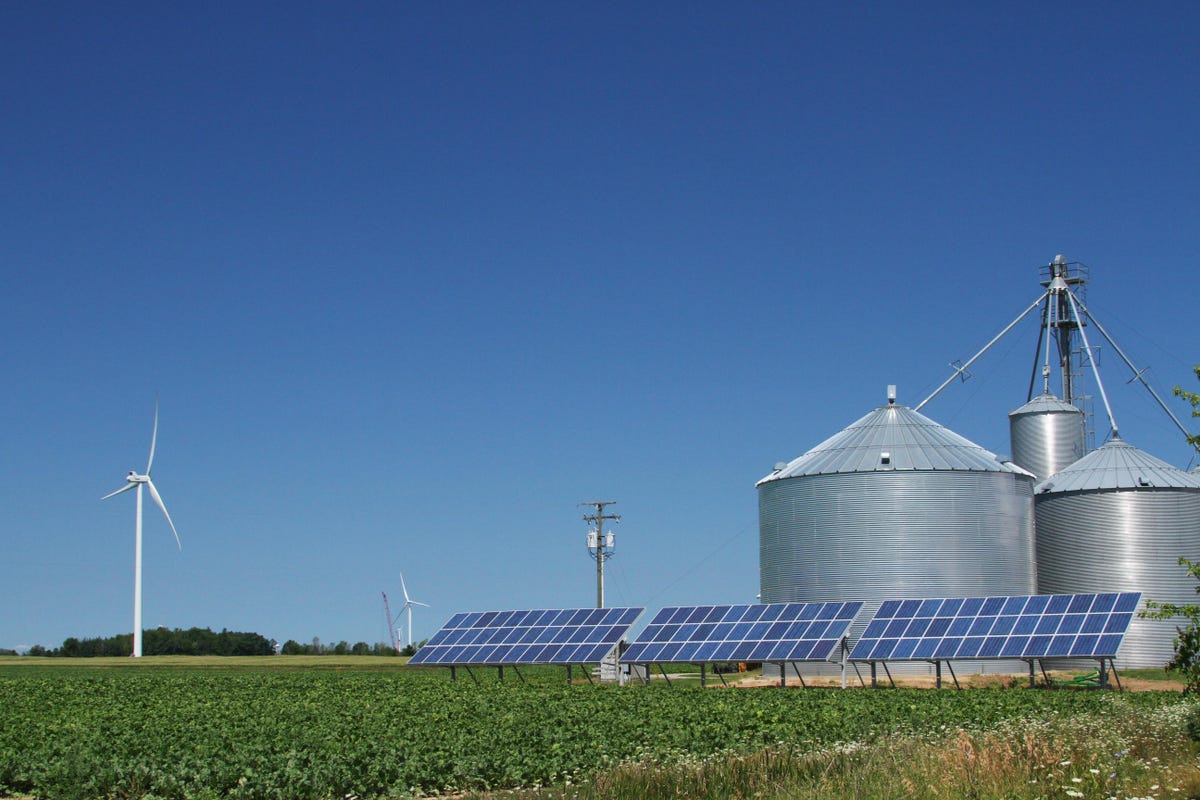
Solar panels generate renewable energy in Michigan.
Stan Rohrer/Getty ImagesHow to pay for solar panels in the Midwest
A solar system can be a big purchase to save up for, although some argue it's one of the last things you should save for. That's partly because there are so many ways to finance a system and then accumulate savings from one right away.
Cash: If you do opt to gather up all the cash in advance of scheduling an installation or you already have it lying around, surely some installer will accept it. It's also a good time to start saving thanks to decent rates in numerous high yield savings accounts.
Solar loan: A few installers and financial institutions offer loans designed with solar in mind. Ask around in your area and also check with banks, credit unions and even government agencies and nonprofits working on energy issues about options.
Other types of loans: Aside from solar loans you can typically bring your own financing to any solar project, be it a personal loan, home equity loan or HELOC.
Lease or power purchase agreement: There are even options that don't require buying your solar system. It's possible to lease panels for a monthly rate over a certain term just like you might a car or office. Another arrangement is a power purchase agreement in which a solar company essentially leases your roof and agrees to sell you the power produced for a favorable rate. This looks similar to a lease in practice, but with monthly payments that fluctuate based on your energy usage. One downside to these arrangements is that they can be tough to get out of if you find yourself needing to move.
Midwest solar panel incentives and rebates
No matter where you live in the region, you should be eligible for the federal clean energy credit that allows you to get up to 30% of the cost of your solar installation back in the form of a reduction to your income tax liability.
The state of Illinois also adds some generous incentives of its own, as Newell pointed out. This includes the Illinois Shines program that can offset up to a third of the cost of a system (in addition to the federal credit) by prepaying for 15 years of renewable energy credit that your system will produce. Another program helps pay for upfront costs for lower-income families.
Wisconsin also offers a one-time $500 rebate while Minnesota residents may be able to receive as much as $5,000 or more back in rebates depending on their utility.
Meanwhile, things are moving in the other direction in neighboring Indiana, where net metering for residential solar is being rolled back. Other states like Missouri, Iowa, Kansas, Nebraska, North Dakota and South Dakota offer property or sales tax exemptions but little else in terms of incentives.
Newell said Illinois' big investment in solar is thanks to a long history of organizing and advocacy in the state.
"I am hopeful, but I haven't seen it yet in other places (in the Midwest)," she said.
The solar potential of the Midwest
The Midwest doesn't have quite as many peak sun hours as the southern reaches of the country, but it still has more than enough potential to make solar systems worthwhile.
"Even in the winter time we can get a significant amount of sun," Newell said.
She pointed out that the Midwest also has an abundance of other resources that can be scarce elsewhere.
"We have a lot of land here."
Some of that land is what is known as brownfields, which are usually defined as land that's contaminated in some way and can't be developed. "Except you can put solar panels on brownfields," she added.
One such project outside Springfield, Illinois will be one of the largest in the country, producing over 800 megawatts starting as soon as 2024 to offset a majority of Chicago's energy usage.
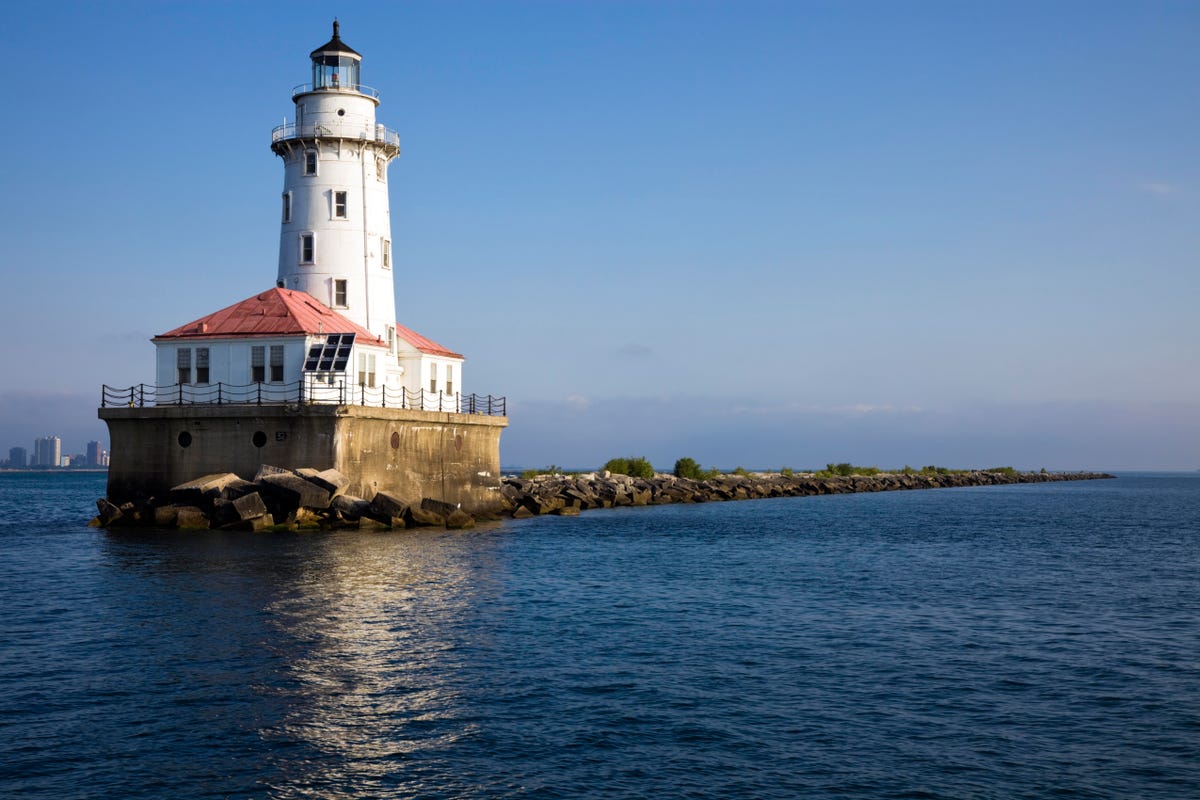
An atypical house near Chicago gets some of its power from solar panels.
benkrut/Getty ImagesInstallation factors to keep in mind
In addition to figuring out how much you might save over time, there are other considerations to take into account before signing any solar contract.
The condition of your roof: Solar panels are meant to be permanent, so if your roof doesn't have enough life left in it to support them for the long haul, consider replacing it beforehand.
HOA and neighborhood regulations: You'll need permission to operate your solar system from your utility and regulators, but you might also require a thumbs up from your homeowners or neighborhood association. Keep in mind that most states ensure certain rights to install solar and maintain solar easements.
Insurance coverage: A solar system may impact your homeowners or other relevant policies. Be sure to check the fine print before making a final decision.
Your location: In the Midwest, you'll typically receive more average sunlight hours the farther south you are, but any place receives adequate sun to at least consider solar. It's still a relevant data point to have when figuring out the payback period for a potential system.
How we evaluate solar companies
The companies we listed above as "the best" are curated from CNET's best solar companies list. Companies making the best list are scored on the equipment, warranties and customer service they offer. Then, we make sure these recommendations are available in your state. You can read a full breakdown of how we review solar companies here.
Companies listed under the local installers were chosen in a less rigorous way. We chose them because they offered something unique or notable to customers in the state, they seemed well-regarded by internet reviewers or because they were one of the few installers we could find information on in the state.
Whether we've completed a full review on a company or not, it's always a good idea to get multiple quotes from different installers before choosing a company.
Show more
Midwest solar power FAQs
Do solar panels save money?
Solar panels can save money over time by providing energy that would otherwise be purchased from a utility. Some utilities offer credits for solar energy production released to the grid via net metering.
Show more
Net metering is a system, usually enshrined in state law, through which utilities are required to compensate homeowners who install solar energy on a home that is connected to the grid when the energy produced is made available for others to consume via the same grid.
Show more